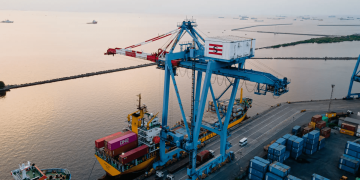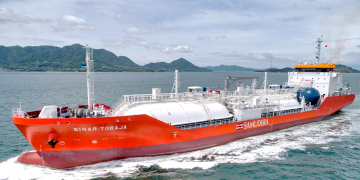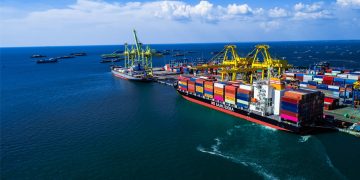In the complex world of maritime operations, vessel administration plays a vital role in ensuring vessels operate safely, efficiently, and in compliance with international regulations. Whether you are a shipowner, operator, or someone interested in the shipping industry, understanding what it is is essential. This comprehensive guide explains what ship management is, its key functions, types, and why it matters in the global shipping industry.
What is Ship Management?
Ship management refers to the professional administration and operation of merchant vessels by specialized companies or teams on behalf of shipowners. The goal is to maintain the ship’s operational readiness, ensure crew competency, manage costs, and comply with maritime safety and environmental regulations.
A ship management company typically handles both technical management and commercial management:
- Technical Management: Focuses on vessel maintenance, repairs, crew management, safety, and compliance with technical standards.
- Commercial Management: Involves chartering, voyage planning, freight contracts, and maximizing vessel profitability.
Key Functions of Ship Management
This management encompasses a variety of critical functions, including:
1. Crew Management
Recruiting, training, and managing qualified crew members who operate the vessel safely and efficiently.
2. Technical Management
Overseeing ship maintenance, repairs, inspections, and ensuring compliance with classification societies and flag state regulations.
3. Safety and Compliance
Implementing safety management systems according to the International Safety Management (ISM) Code and ensuring compliance with International Maritime Organization (IMO) regulations.
4. Procurement and Supply Chain
Managing procurement of spare parts, fuel, and other supplies necessary for vessel operations.
5. Financial and Commercial Management
Handling chartering contracts, freight billing, budgeting, and cost control.
Types of Ship Management:
There are several models, depending on the level of involvement and ownership:
- In-house Management: The shipowner manages the vessel operations internally.
- Third-party Management: Shipowners hire professional ship management companies to handle all or part of the vessel’s operations.
- Crew Management Only: Focused on managing and providing crew, while technical and commercial operations are handled by others.
Why is it Important?
Effective ship management is essential for:
- Safety: Preventing accidents, protecting crew lives, and avoiding environmental disasters.
- Compliance: Meeting international maritime regulations and avoiding penalties or detentions.
- Operational Efficiency: Minimizing downtime, optimizing routes, and controlling operational costs.
- Asset Protection: Ensuring the vessel remains in good condition, thereby preserving its value.
You can find out more about the benefits here.
Oldest Ship Management Companies in Indonesia
The history in Indonesia can be traced back several decades, with some of the country’s oldest maritime groups playing a role in vessel operation and administration long before “ship management” became a formal service sector.
Bumi Laut Group is among the oldest maritime players in Indonesia, with roots going back to 1922 when its first office opened in Belawan. Although its dedicated ship management entity, B.U.M.I Ship Management (BSM), was formally established in 1997, the group had already been involved in technical ship management since 1982.
Other historical maritime companies include PELNI (established in 1952) and Meratus (founded in 1957), both of which are significant shipping lines. While they are not always categorized strictly as third-party ship management companies, they represent some of Indonesia’s longest-standing shipping operators.
- Samudera Indonesia stands out as one of the country’s leading maritime groups, with a diversified portfolio that includes shipping, logistics, and ship management services. The group expanded into ship management in the early 1992, establishing a dedicated subsidiary that has since managed a wide range of vessels with a strong focus on safety, compliance, and operational efficiency.
Ship management is a cornerstone of the maritime industry, blending technical expertise, regulatory knowledge, and commercial acumen to keep ships sailing smoothly. Whether through in-house teams or specialized third-party managers, effective safeguards the vessel, crew, and environment while maximizing operational success.



























